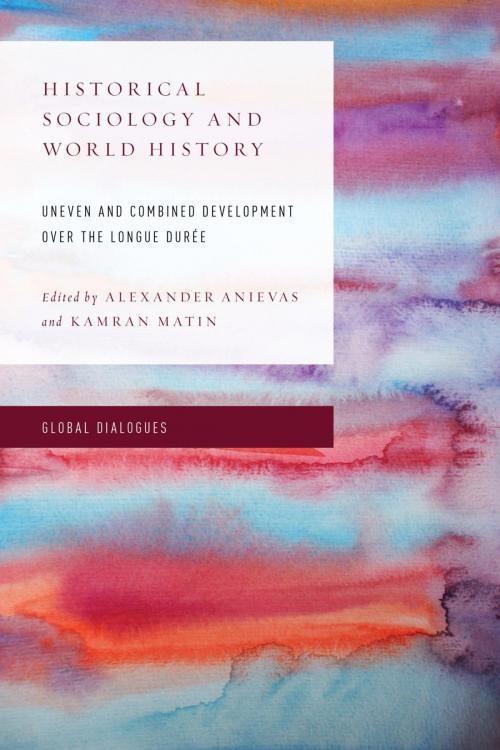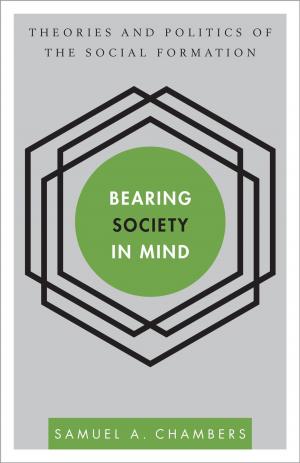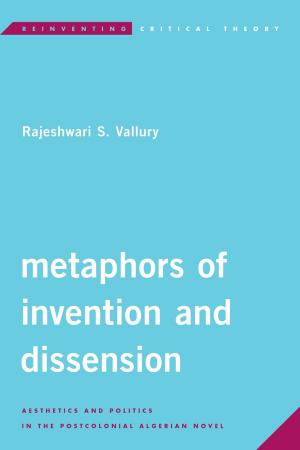Historical Sociology and World History
Uneven and Combined Development over the Longue Durée
Nonfiction, Social & Cultural Studies, Political Science, Politics, History & Theory, Social Science, Sociology| Author: | ISBN: | 9781783486830 | |
| Publisher: | Rowman & Littlefield International | Publication: | September 12, 2016 |
| Imprint: | Rowman & Littlefield International | Language: | English |
| Author: | |
| ISBN: | 9781783486830 |
| Publisher: | Rowman & Littlefield International |
| Publication: | September 12, 2016 |
| Imprint: | Rowman & Littlefield International |
| Language: | English |
The concept of 'uneven and combined development' was originally coined by Leon Trotsky to theorise Tsarist Russia's distinctive experience of modernity and revolution. But it has re-emerged over the last decade or so as a burgeoning research programme within International Relations (IR) and historical sociology. It has been critically and creatively deployed in two main areas: the provision of a sociological foundation to international theory overcoming the chronic schism between ‘sociological’ and ‘geopolitical’ modes of enquiry; and, relatedly, in superseding prevailing Eurocentric approaches in the social sciences.
This volume is the first to provide a sustained reflection on the idea of uneven and combined development as the intellectual basis for a non-Eurocentric social theory of ‘the international’. It does so through a series of empirically rich and theoretically informed analyses of socio-historical change, political transformation, and intersocietal conflict over the longue durée. The volume thereby aims to demonstrate the unique potentials of uneven and combined development in overcoming IR and historical sociology’s shared inability to theorize the interactive and multilinear character of development.
The concept of 'uneven and combined development' was originally coined by Leon Trotsky to theorise Tsarist Russia's distinctive experience of modernity and revolution. But it has re-emerged over the last decade or so as a burgeoning research programme within International Relations (IR) and historical sociology. It has been critically and creatively deployed in two main areas: the provision of a sociological foundation to international theory overcoming the chronic schism between ‘sociological’ and ‘geopolitical’ modes of enquiry; and, relatedly, in superseding prevailing Eurocentric approaches in the social sciences.
This volume is the first to provide a sustained reflection on the idea of uneven and combined development as the intellectual basis for a non-Eurocentric social theory of ‘the international’. It does so through a series of empirically rich and theoretically informed analyses of socio-historical change, political transformation, and intersocietal conflict over the longue durée. The volume thereby aims to demonstrate the unique potentials of uneven and combined development in overcoming IR and historical sociology’s shared inability to theorize the interactive and multilinear character of development.















